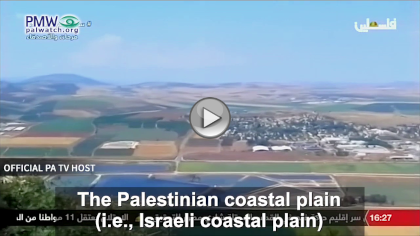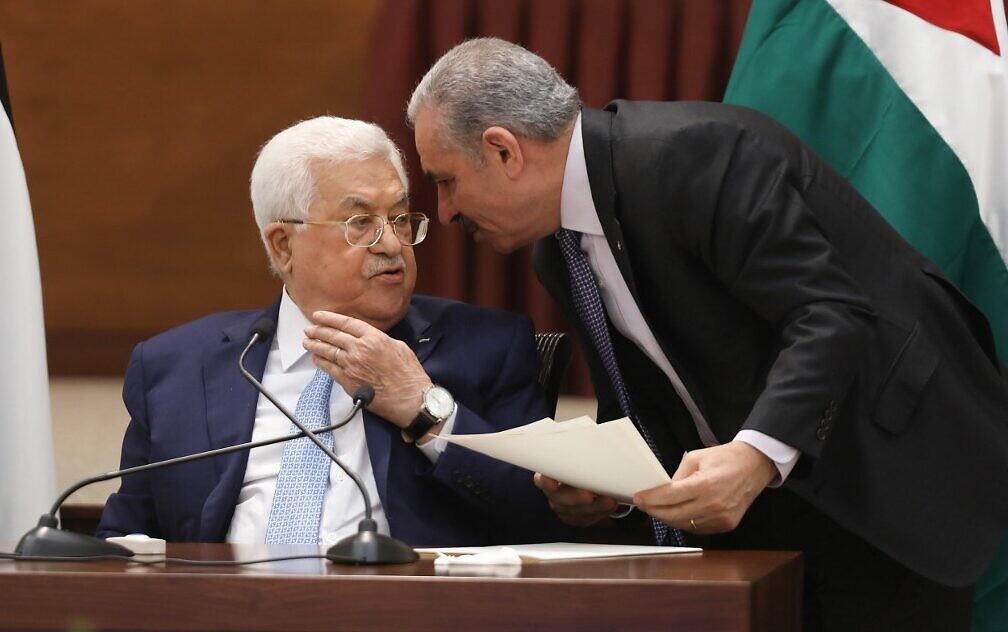RE: All The News Anti-Palestinian Posters Will Not Read Or Discuss
SUBTOPIC: The political existence of the state is independent of recognition by the other states.
⁜→ P F Tinmore, et al,
BLUF: In all practical views, the Arab Palestinian was not in any position, at the conclusion of hostilities, to make any demands. And the Allied Powers were not obligated to make any concessions to the Arab Palestinian.
◈ He does NOT believe in the "Right of Self-Determination."
◈ He does NOT believe in the "Convention on Rights and Duties of States."
◈ He does NOT believe in the "Vienna Convention on the Law of Treaties."
I am curious as to how you draw your conclusions.
And he believes that the immigration was an invasion (an attack) and not part of the larger outcome of the Great War.
I don't understand what you are trying to say here. Other than breaking up the Turkish Empire allowing for the creation of new states, what did the war have to do with anything?
How do you define immigration?
(COMMENT)
On the matter of:
◈ He does NOT believe in the "Right of Self-Determination." How many times have you said:
• {POSTING #914} The "Right of Self-Determination." applies to people inside their own territory. It does not change territory.
• {POSTING # 2572} Palestine's international borders are documented. Israel's borders are say so.
On the matter of:
◈ He does NOT believe in the "Convention on Rights and Duties of States."
• {ARTICLE 3} The political existence of the state is independent of recognition by the other states.
✦ This applies directly to the existence of the Jewish State, whether or not you agree.
✦ The National Council for the Jewish State did not require the Arab Palestinians to consent in the establishment of Israel.
On the matter of:
◈ He does NOT believe in the "Vienna Convention on the Law of Treaties."
• Turkey hereby undertakes, in accordance with the provisions of article to accept any decisions which may be taken in this connection. {Page 928, APPENDIX XV -- MINUTES OF MEETING OF THE SUPREME COUNCIL OF THE ALLIED PQWIRS IN SAN REMO AT THE VILLA DEVACHAN - APRIL 25. 1920}
• International Boundaries set forth in the Egypt and Israel Treaty of Peace w/MAP (1979)
• International Boundaries set forth in the Jordan-Israeli Peace Treaty (1994)
✦ Each of these represents an agreement made between the Allied Power. Each time you challenge the validity of these agreements, you challenge the international understanding of the day as to these points of contention. These represented the powers of the day exerting the authority they had in the day.
On the matter of:
◈ The larger outcome of the Great War.
• The Great War ended with the Supreme Council of the Allied Powers dictating the term to the development of the post-War era. This was not something that the Arab Palestinians wanted to participate in and totally rejected. The Arab Palestinians, formerly known as the habitual residents of the Enemy Occupied Territory, did not have the authority or the power (granted by the Supreme Council of the Allied Powers) to make demands as to the benefit for Arab Palestinians.
On the matter of:
◈ How do you define immigration?
• Immigration was defined by the Allied Powers, specifically the Mandatory for the Territory (within such boundaries as may be fixed) established Jewish immigration under their authority. The Arab Palestinians rejected participation in the governance over the territory and the establishment of self-governing institutions. They in fact forfeited the opportunity to voice their reservations on any matter of territorial governance.
✦ When you challenge the authority of immigration policy set by the Mandatory Power, you challenge.
✦ The political maturity of the Arab Palestinian to reject participation in governance.
✦ You challenge the authority of the Allied Powers, the victors in the Great War, to establish the terms of the post-War Treaty.
✦ You imply that the Arab Palestinians had some authority of their own in the post-War matters; and imply that the Allied Powers had some obligation to the Arab Palestinians in the matter of what authority Arab Palestinian actually had in the matter of post-War conditions.
✧ The practical effect of the Arab Palestinian rejection by the Arab population of Palestine accept the invitation to cooperate with the Mandatory government
(beginning in 1922) until 1948, established by Arab Default that the High Commissioner was to govern Palestine with the aid of Councils consisting exclusively of British officials (no Arab participation by their choice).
✧ Similarly, the rejection by the Arab Palestinians to participate in the establishment of an independent state, as recommended in A/RES/181 (II), bars the Arab from coming back at a later time and making an objection as to the outcome.
Most Respectfully,
R

m.jpost.com










